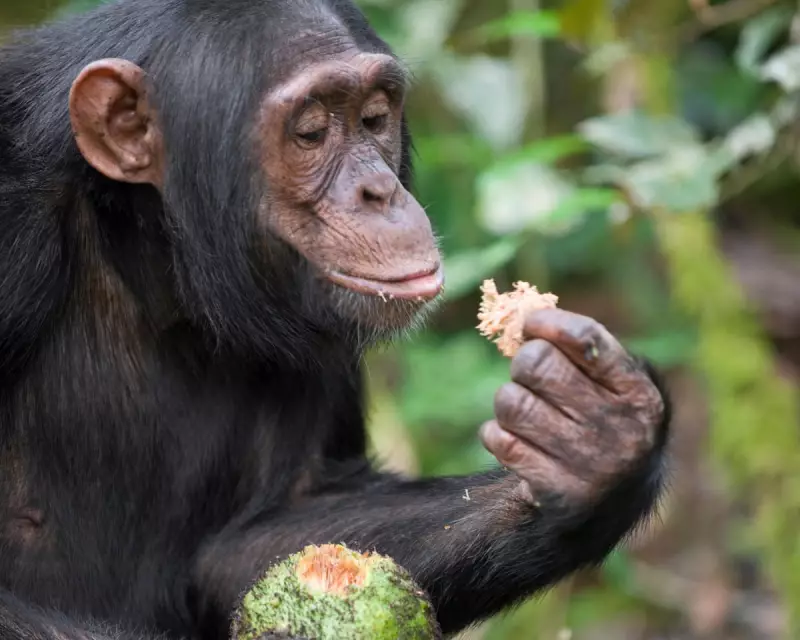
In an extraordinary display of animal behaviour that mirrors human social rituals, wild chimpanzees in Guinea have been observed deliberately seeking out and consuming alcoholic palm wine, according to a groundbreaking 17-year study published today.
The research, conducted by an international team of primatologists, provides the first conclusive evidence of wild apes regularly consuming significant quantities of naturally fermented alcohol. The chimpanzees were filmed using specially fashioned leaf sponges to drink from vessels collecting the fermented sap of raffia palms.
The Drinking Sessions
Researchers documented drinking sessions where chimpanzees showed clear signs of intoxication, including:
- Resting immediately after consumption
- Unusual vocalisations and social interactions
- Some individuals drinking until they were visibly inebriated
- Falling asleep shortly after heavy drinking sessions
Dr Kimberley Hockings, the study's lead author from Oxford Brookes University, noted: "The chimps weren't just accidentally consuming alcohol—they were deliberately seeking it out and using sophisticated tool-making skills to access it."
Evolutionary Implications
This remarkable behaviour offers fascinating insights into human evolution. Scientists have long theorised that our ancestors might have developed the ability to metabolise alcohol through consuming fermented fruits, known as the "drunken monkey" hypothesis.
The study suggests that our shared evolutionary history with chimpanzees may include an ancient predisposition towards seeking out fermented substances, potentially explaining why alcohol consumption became so embedded in human cultures worldwide.
Research Methodology
The research team employed non-invasive observation techniques over nearly two decades, carefully documenting:
- Drinking frequency and duration
- Social dynamics during consumption
- Tool-making and usage patterns
- Behavioural changes post-consumption
Local communities in the Bossou region of Guinea traditionally tap the palm trees for their sweet sap, which naturally ferments within hours due to wild yeast contamination, creating an alcoholic beverage containing up to 6.9% alcohol by volume.
This unprecedented research not only changes our understanding of chimpanzee behaviour but also opens new avenues for exploring the evolutionary origins of human alcohol consumption and its associated social rituals.





